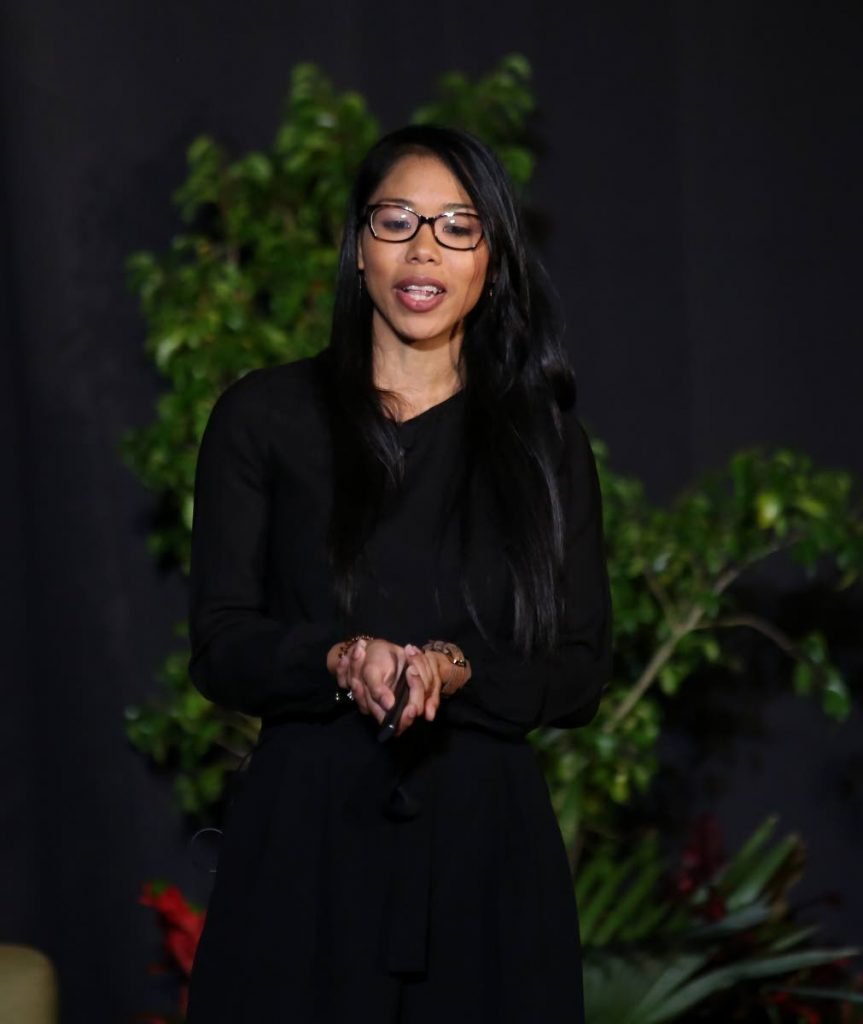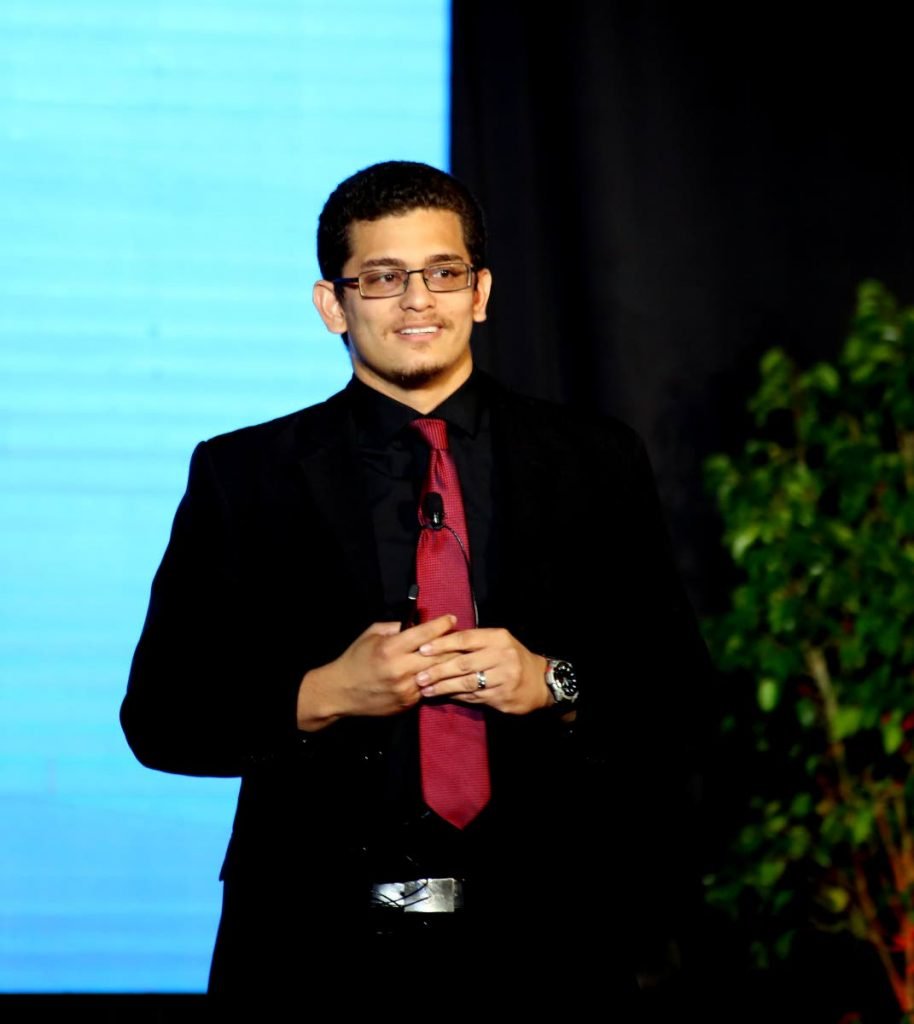Busting millennial myths

Are millennials, that group born between the 1980s and the mid-1990s, a bunch of lazy, self-entitled people who just want to work from home in their pyjamas?
These were some of the millennial myths discussed, and "busted", last Thursday during a panel discussion at the Institute of Chartered Accountants of TT's annual international finance and accounting conference at Hyatt Regency, Port of Spain.
Transaction Advisory Services senior manager Melanie Tom said from a survey she did of millennials and non-millennials, some of the terms associated with the group are: entitled, lazy, young, technological and collaborative.
On the claim that millennials are self-entitled and want everything now, Tom said that is not true.
"I think millennials have a clear idea of what they want in their career. They are very driven by clear growth. And...we want to work for a company that works towards a given purpose."
Addressing the theory that millennials are lazy and do not want to work hard, Tom said, "Well if we define 'working hard' as working long hours, then I can see why you would call us lazy. But to be honest, we live in a day where we have a lot of access to technology, tools and information at our fingertips that allow us to work more efficiently and be more productive without having to work such long hours."
On the theory that millennials all want to work from home in their pyjamas while watching Netflix, Tom insisted nothing is wrong with working at home in pyjamas if the worker delivers on time and delivers quality output. She said, however, millennials love to collaborate and work with each other and therefore would prefer to go to work and have that fun and social environment.
Turning her attention to the claim that millennials do not like face-to-face communication, Tom said millennials actually prefer to be around people and discuss ideas and get feedback from mentors.
"And we prefer to do this in person."
She listed the characteristics of an ideal workplace for a millennial. Flexibility and the option to work remotely, though it may not be taken up more than twice a year; caring leadership and management that can empathise with their personal life; career progression and identifiable career tracks; collaboration; purpose and personal development; and technology, with exposure to the latest tools available to be able to work more efficiently.
Tom stressed that every generation brings something new to the workplace.
Senior assurance associate at PricewaterhouseCoopers Kevin Ramadhar, in his presentation, spoke about the importance of the millennial worker.
"(Millennials) are who will carry us through the future and they are responsible for the shift that we currently have in the accounting profession. And if our leaders of our firms today don't acknowledge our millennials, they run the risk of talent walking through the door."
He said without knowing what is important to millennials and changing the central dynamics in the workforce (millennials) are going to struggle.
"We can't use archaic techniques, we can't use old-fashioned means and traditional techniques to incite millennials. We don't care about how things were done in the past."
Ramadhar said millennials want a casual, friendly and fun working environment.
"It doesn't mean that we want to play. But we want something that will be beneficial to us. We care about the work/life balance, we care about the flexibility, and we care about things that may not necessarily appeal so much to the traditional folks."
He said millennials like to have a clear understanding of a firm's vision and, if there is a match between what the firm wants and what the millennial wants, then they will like the organisation. He added if this was not the case "we will walk out the door."
Ramadhar said millennials also need frequent feedback opportunities for promotion, with a millennial hoping to move up in two to three years and not remain for ten years in the same position.

Deloitte's risk advisory consultant Maura Lennie said for companies to inspire loyalty in millennials they have to align company goals to people's personal goals. KPMG's senior manager Chay Gomez said millennials need mentors because they lack experience. He stressed that these mentors must lead by example, provide motivation and to reassure the millennial frequently.
"We always want a pat on the back."
He said millennials do not like to be told what to do but to be motivated to do it, to shape the future, and he suggested giving them smaller decisions to make. He advised millennials to take control of their time and suggested a timetable, putting down their phones and using apps that monitor how much time they are spending on their phones.


Comments
"Busting millennial myths"